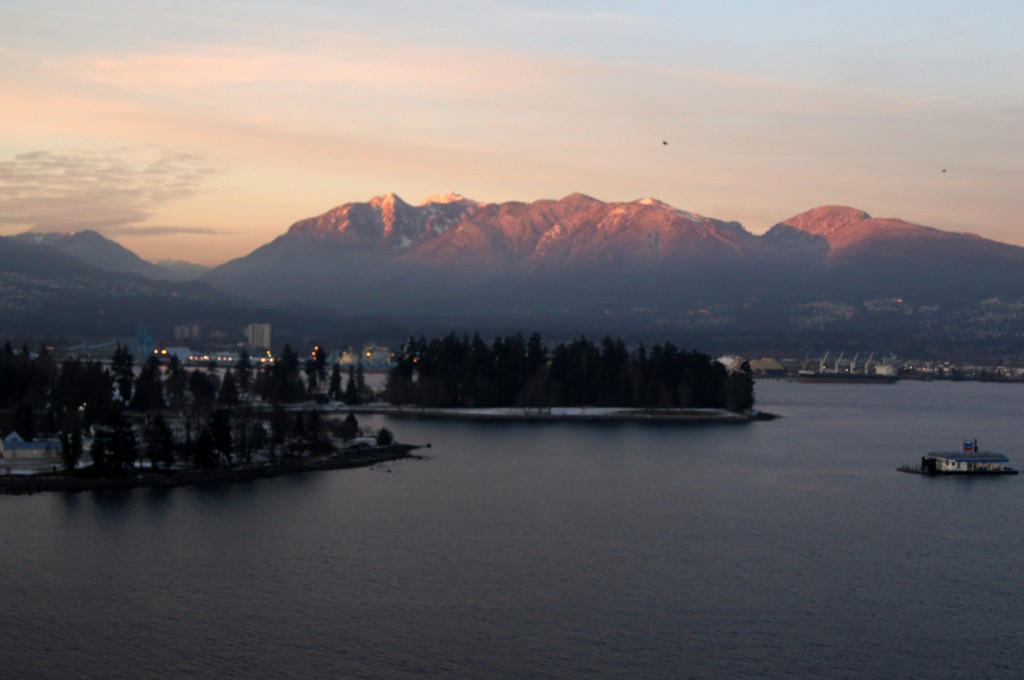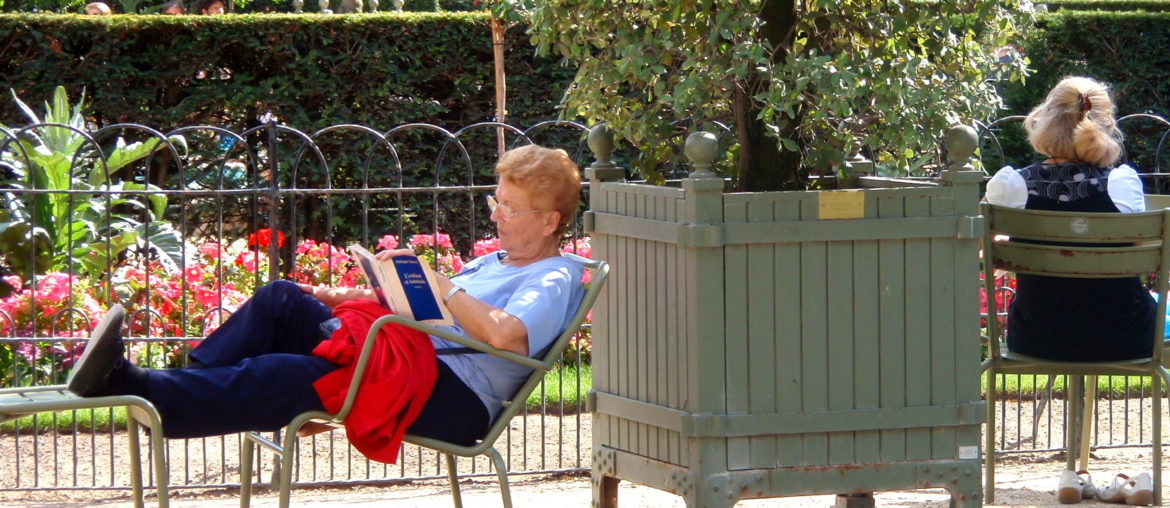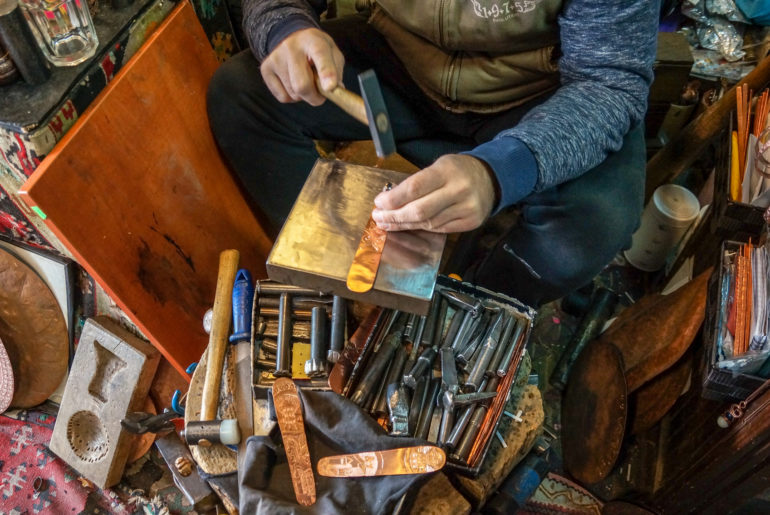In the last few weeks a little theme has appeared in my Twitter feed.
Live like a local in London.
Living like a local in Paris.
Living like a local in Amsterdam.
Eat like a local in LA.
Explore Vancouver like a local.
Ok that last one was one of my posts – but in my defence, the article shared my tips picked up while living in Vancouver.
But away, there has been a theme.
A lot of travellers are no longer content with just seeing the sights. They want to explore and discover their destinations. Dig deeper and find out what Lonely Planet isn’t telling them. So the promise of a “local” experience appeals to them. Big time.
Here’s my advice on getting the ultimate local experience.
Become a local.
I know, groundbreaking isn’t it.
Last weekend my town was snowed in. There were plenty of tourists here at the time, but all they had to worry about was having their weekend walking trip interrupted or a slower trip back home. My experience was a little different. Us locals were more concerned whether the gas truck would make it through before the roads were shut so we’d have enough kerosene for the heating, or what time the newspapers would arrive, or if the village store would get a grocery delivery so I could cook some dinner.
You can CouchSurf, stay in residential apartments, catch the commuter trains and shop at the grocery store around the corner all you want, but at the end of the day, you’re still a tourist. Doing all those things certainly gives you an insight you won’t have staying in a hotel and eating out every night, but living in a city is completely different to visiting one.
But what about…
And what if…
But I can’t…
Yep, right on cue. The objections.
Objection 1: I don’t want to take a working holiday
Overruled. You don’t have to. Say you’ve got four weeks of leave. You could spend those four weeks travelling through several cities and countries in Europe or Asia, or perhaps travel across Canada or America. OR you could spend a month in Paris or New York. That’s enough time to have your morning coffee at 31 different Parisian cafes, or have the waitress learn your order and even your name at the coffee shop across the street from your New York apartment. Get the accent right and you might even get mistaken as a real New Yorker!! Big cities like those have so much to offer that it would nearly be impossible to get bored in four years, let alone four weeks.
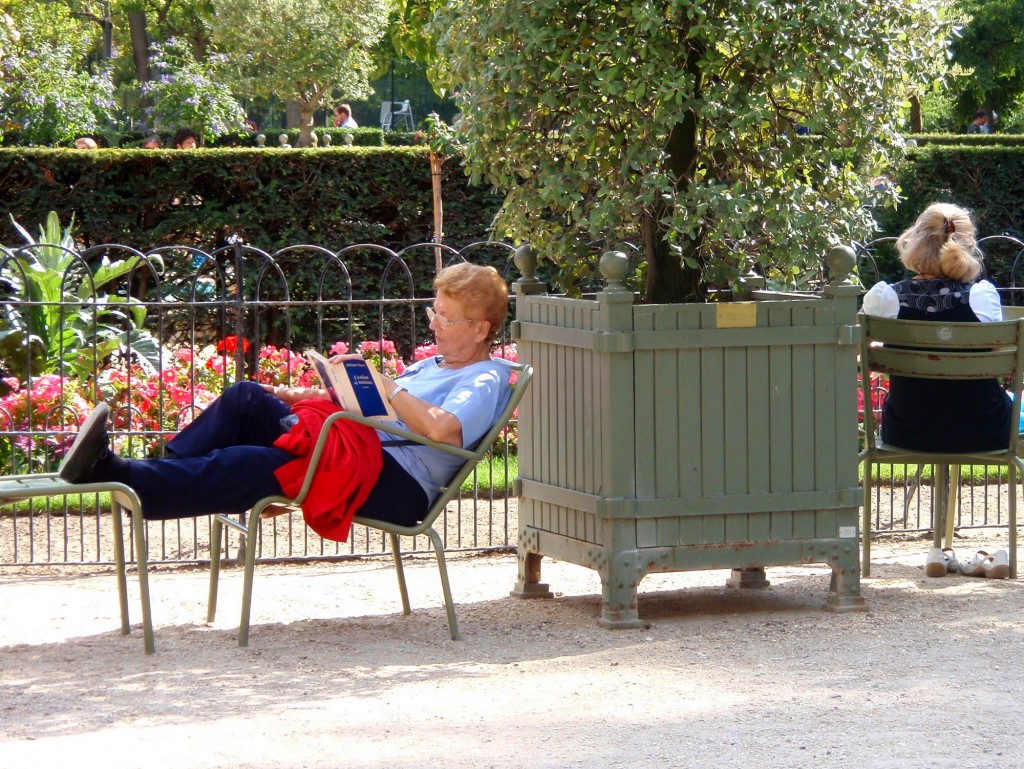
Objection 2: It’s too expensive
Overruled. The average London hotel will cost you about £60-80 per night. Sub-letting a double room in Notting Hill can be done for about £150-200 a week, with all bills included. Plus you’ll have access to a kitchen and most likely free internet and a laundry. The process of even just looking at possible rooms and apartments makes you consider a city differently. You learn about different neighbourhoods, the transport system in the suburbs and get an idea of living expenses. Use sites like Gumtree and Craigslist to find short-term apartment rentals, which can be cheaper than using the usual holiday rental services.
By staying in the one place for a while, you cut down on transport costs. You also save hugely on food. Unless you want to carry around a lot of food, most travellers only buy groceries in small amounts – enough to last a few days at a time. This adds up. Having the flexibility to buy in bulk saves you a lot.
Staying somewhere for longer also opens up the possibility of becoming a housesitter. One of the best guides to this can be found at Hecktic Travels.

Objection 3: I’m travelling so I want to, you know, travel
Sustained. Kind of. This is a valid point. It’s a big world and when you have limited time it’s hard to be content in one place for an extended period of time. But this also depends on why you’re travelling. If it’s just to work through your bucket list of must-sees then spending three weeks or three months in the same place may not help you achieve that.
But then there are those travellers who want to see how other countries and cities really work. One thing that has fascinated me most is getting a sim card for my mobile phone. In Canada you pay when you receive a call, as well as when you make one! And I got a cheque book when I opened a bank account. Who uses cheques these days?? Apparently Canadians. Visiting the doctor has also been an experience. It cost me $110 in Canada for a five-minute appointment and then about $20 per prescription. In the UK it was all free! In both cases I was working in the country. I’ve learnt about Canada and England’s retirement and pension programs, which are considerably shite compared to Australia’s. Sure I could have learnt all this during a three-day visit to each country, but there’s learning it and then there’s living it.
Living somewhere doesn’t have to stop your travels. A ridiculous number of countries can be reached in an hour from London.
Sustained. Yes, it is. But there are ways to make it easier. If a place to live is an issue, look for jobs with accommodation supplied. This is common in the hospitality industry – particularly youth hostels, cruise ships and resorts.
If making friends worries you, get involved in your new home as much as you can. Join a sports team or a book club and reach out to networking sites such as CouchSurfing and Meet Up.

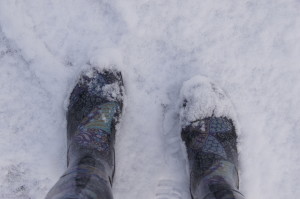
Objection 5: What if it doesn’t work out
Overruled. This fear stops far too many people from trying something like this. Deciding to move somewhere, for however long, often removes the safety net that comes with just travelling during your holidays. Suddenly you don’t have a job or apartment to return to. But you know what? If it doesn’t work out, you go home and pick it all up again. A two-year work visa doesn’t mean you have to stay away for two years. It means you can stay away for two years. If you move to China to teach English for a year, but are sick of noodles after six months, you can leave. While returning home to “start over” might be daunting, you do it with the confidence of knowing you did it in a foreign country and survived.
